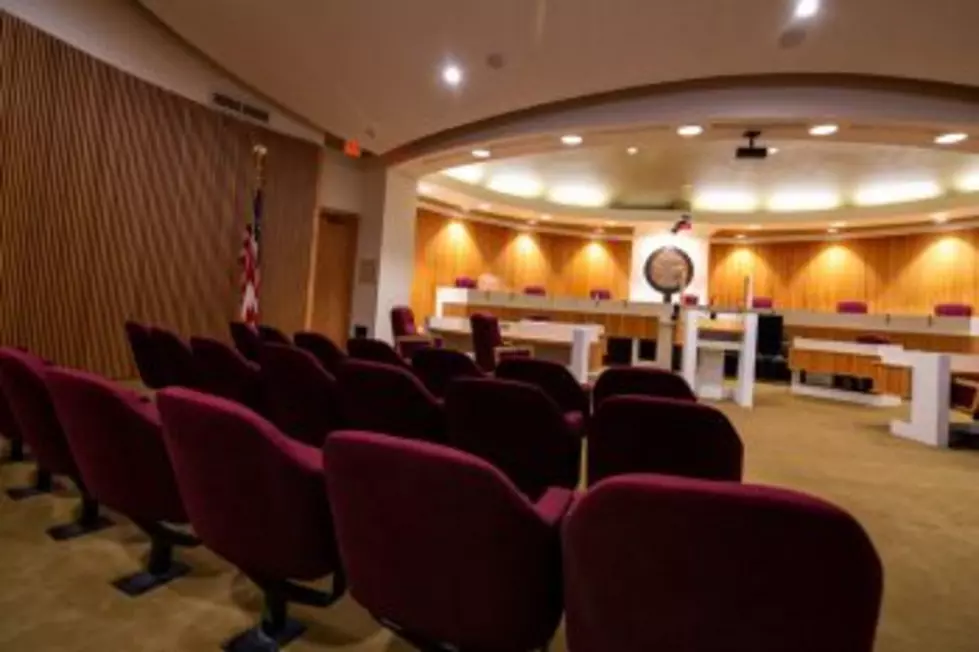
Montana SupCo rejects motion to disqualify all justices ruling on subpoena
HELENA (Daily Montanan) - The state Supreme Court Wednesday rejected a motion from the Legislature for a blanket disqualification of all Justices sitting on a case over the scope and authority of lawmakers’ subpoena power, with Justice Laurie McKinnon writing for the court that the Legislature’s argument — that the judges can’t fairly serve on a proceeding involving a judicial employee — is “conspicuously absent” any specific allegation of judicial bias.
The court’s order plainly accuses the Legislature of seeking to manufacture disqualifying conflicts of interest for nearly every member of the judiciary through the issuance of subpoenas for judicial records to each sitting justice as well as court administrator Beth McLaughlin.
McLaughlin is the plaintiff in this case, which arose after Republican lawmakers issued a broad subpoena for judicial communications pertaining to legislation that could become before the court, a request stemming from the separate but related legal challenge to Senate Bill 140. That bill would abolish the Judicial Nominating Commission and give the governor sole authority to fill judicial vacancies.
The Legislature, through its counsel, the office of the state Attorney General, requested in a filing on April 30 that all justices presiding over McLaughlin’s suit recuse themselves, asserting that they have a “bewilderingly obvious conflict of interest” as the case pertains to a judicial branch employee and lobbying practices of the Montana Judges Association.
The court made clear in its at-times scathing order Wednesday that it didn’t buy that argument. In essence, it ruled that the breadth of the Legislature’s subpoenas and investigation into judicial conduct implicates every member of the judiciary, and were it to comply, effectively no other judge would be able to rule in the case.
Senator Greg Hertz, R-Polson, who is leading a legislative probe into allegations of judicial bias, could not be reached for comment.
“In the highly unusual circumstances of this case, all Montana judges have an interest in the outcome of this case since it involves an investigation into alleged judicial misconduct of the Judicial Branch and the polling procedures of an entity in which every judge and justice in Montana is a member and from which they receive e-mails,” McKinnon wrote.
“It is well recognized that a party’s unilateral acts personally attacking or suing the judge for acts taken in his or her judicial capacity do not create a proper basis for recusal,” she goes on. “Recusal under such circumstances would permit a party to avoid a particular judge simply by attacking or suing him.”
The order invokes the legal theory of the Rule of Necessity: “Where all judges are disqualified, none are disqualified.”
Six of the seven justices appeared before a legislative probe near the end of the session in response to the subpoena requests to provide some context on the matter of the polling of justices as part of the MJA’s lobbying, as well as to explain more generally why they would not be handing over the trove of internal communications requested by the Legislature. McLaughlin did not appear.
The Senate Judiciary Committee had already obtained a chunk of those emails from the Department of Administration, but had its subpoenas quashed by an order by the court until it could hear briefings on the Legislature’s subpoena authority. The Legislature’s subpoena power is broad but generally restrained to issues of legislating; lawmakers have argued that their document requests are necessary to determine if legislation concerning judicial conduct is necessary. Plus, the genesis of this legal fight is a bill passed by the Legislature, SB140.
The court, in its order, said it has still yet to make a determination on that matter.
“Once the issues determining purpose and scope of legislative subpoena authority are adjudicated, the Legislature can acquire those documents through McLaughlin’s subpoena,” McKinnon wrote. “The Legislature’s blanket request to disqualify all members of this Court appears directed to disrupt the normal process of a tribunal whose function is to adjudicate the underlying dispute consistent with the law, the constitution, and due process.”
